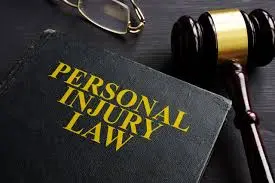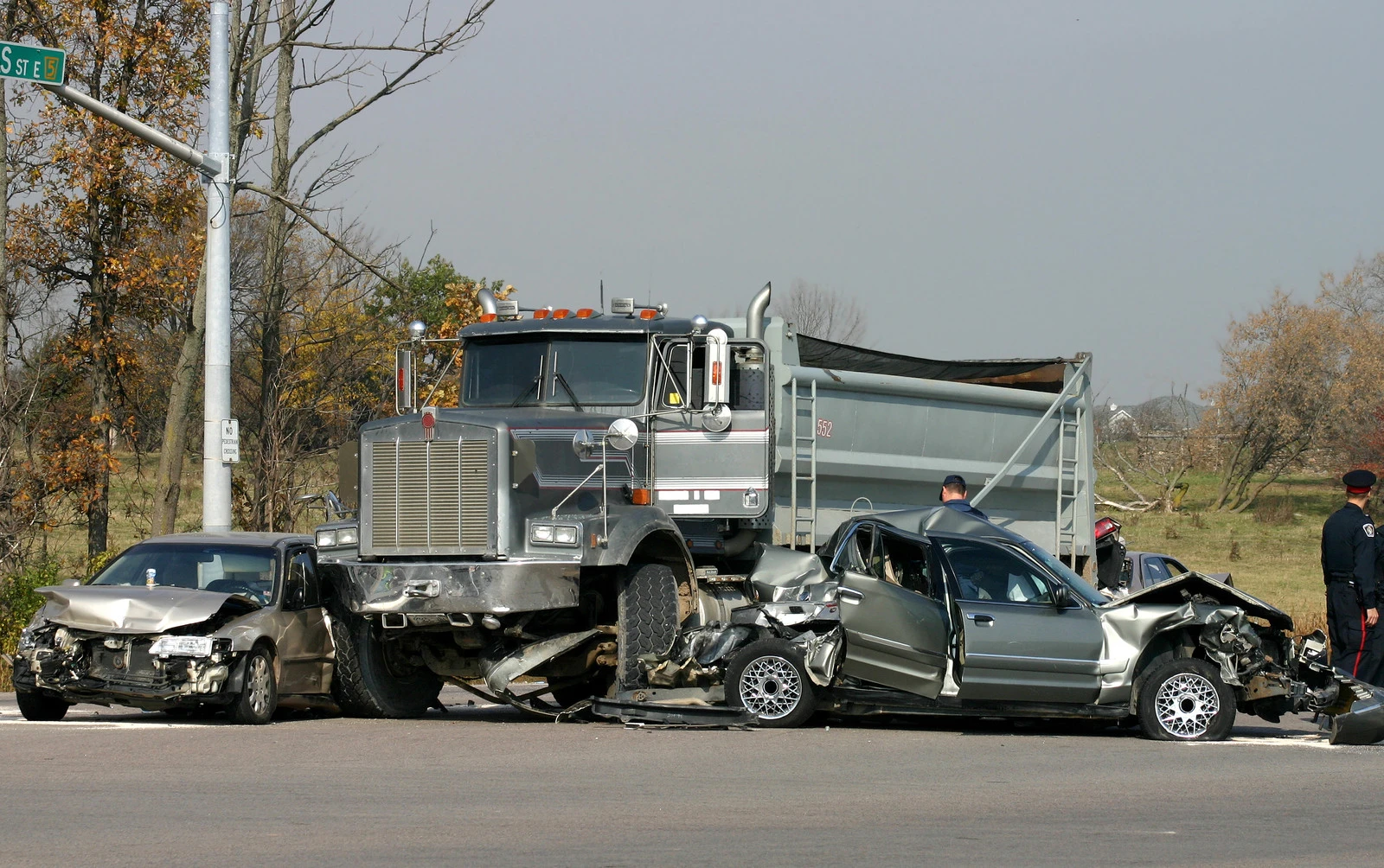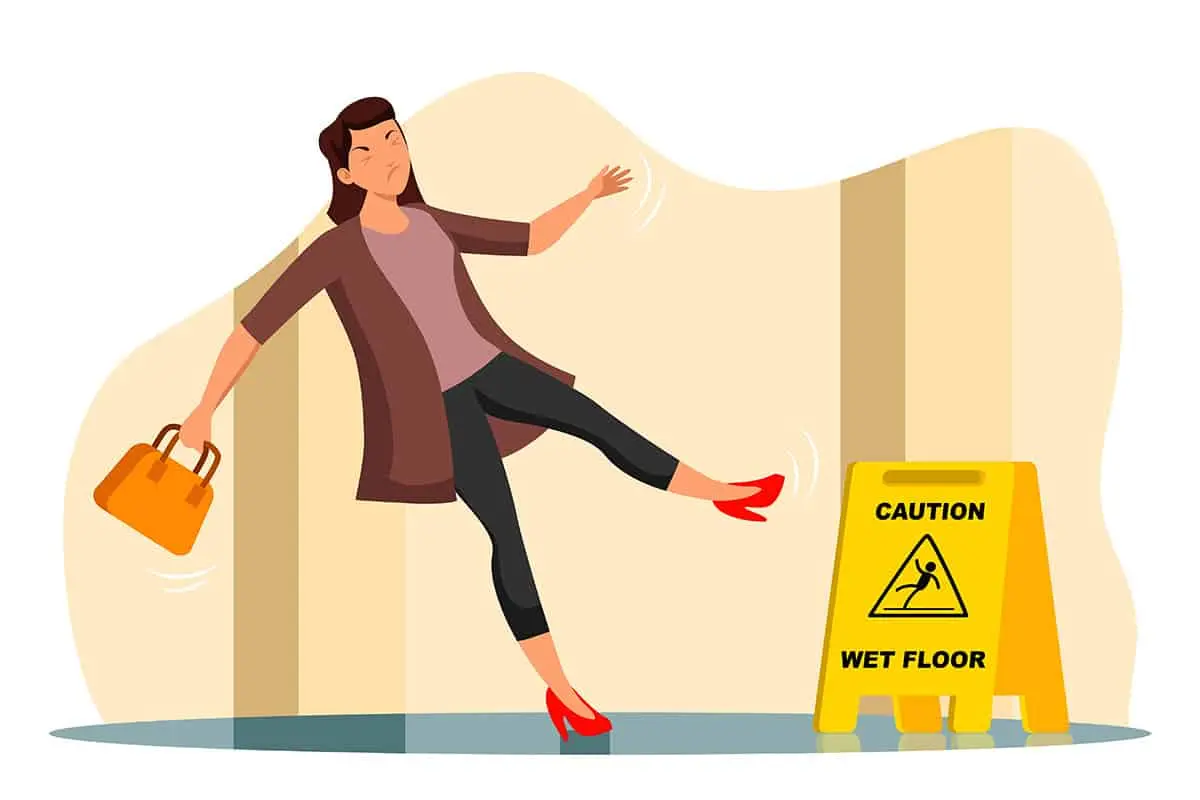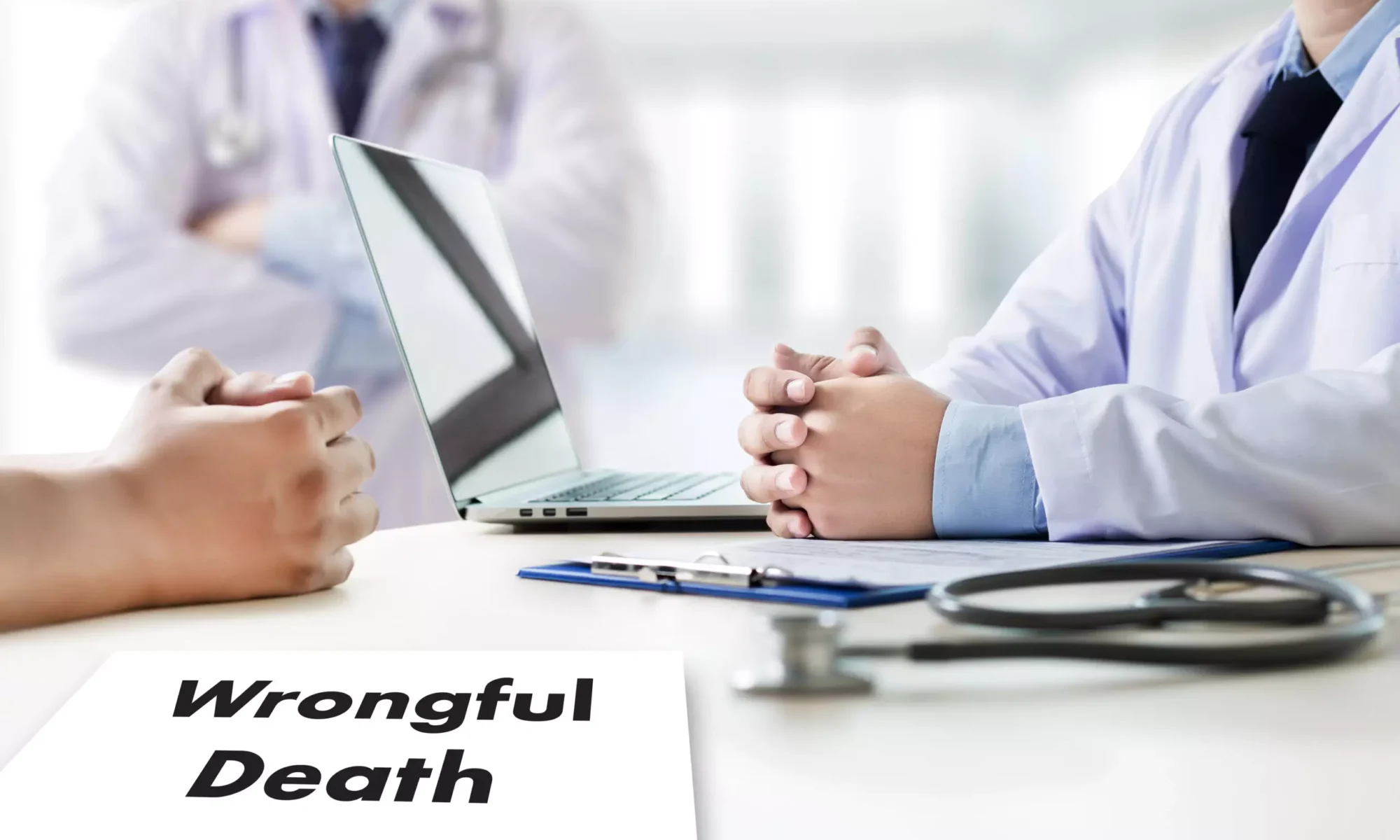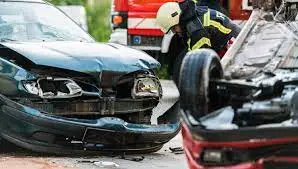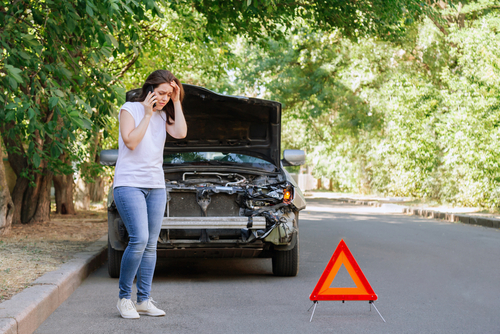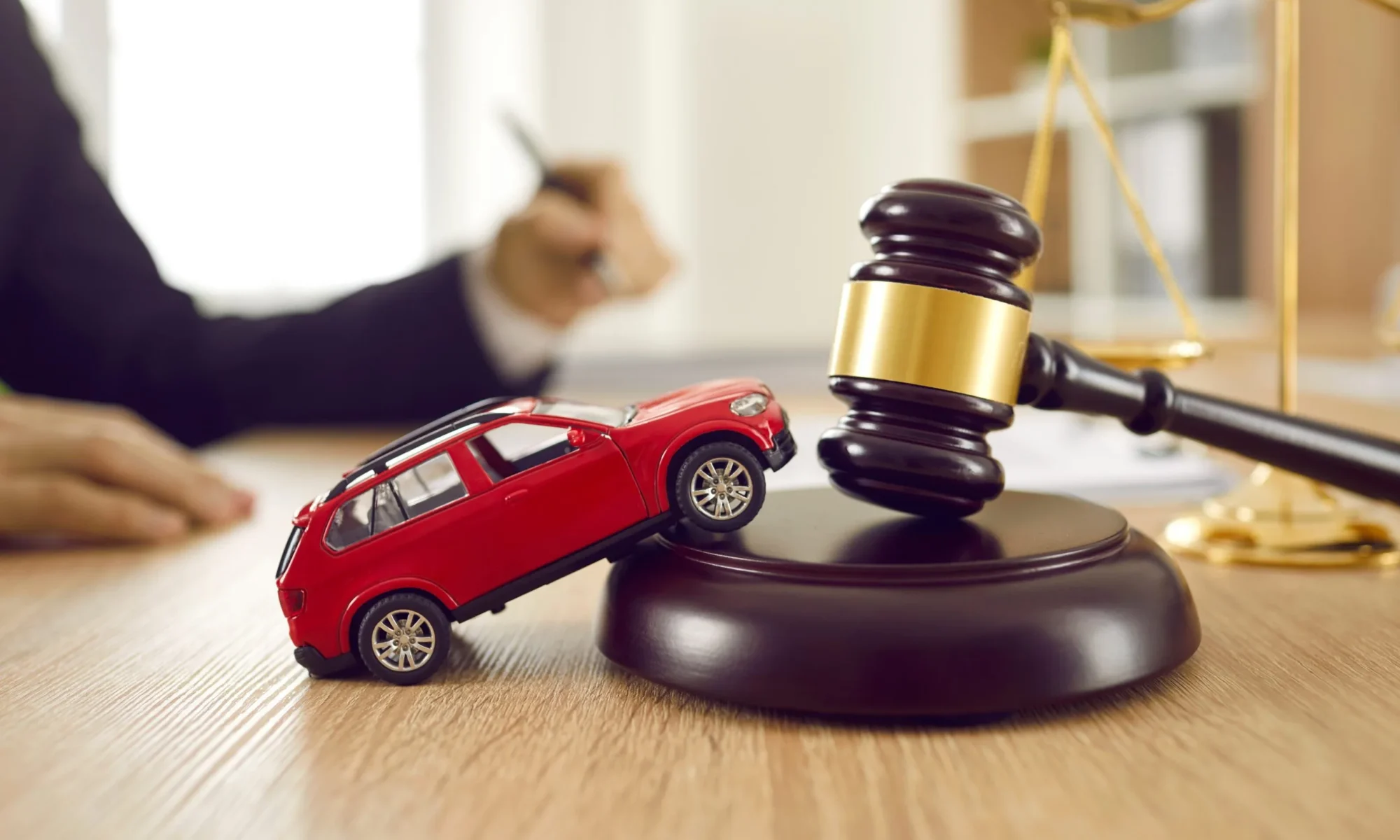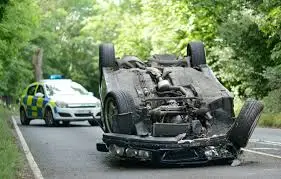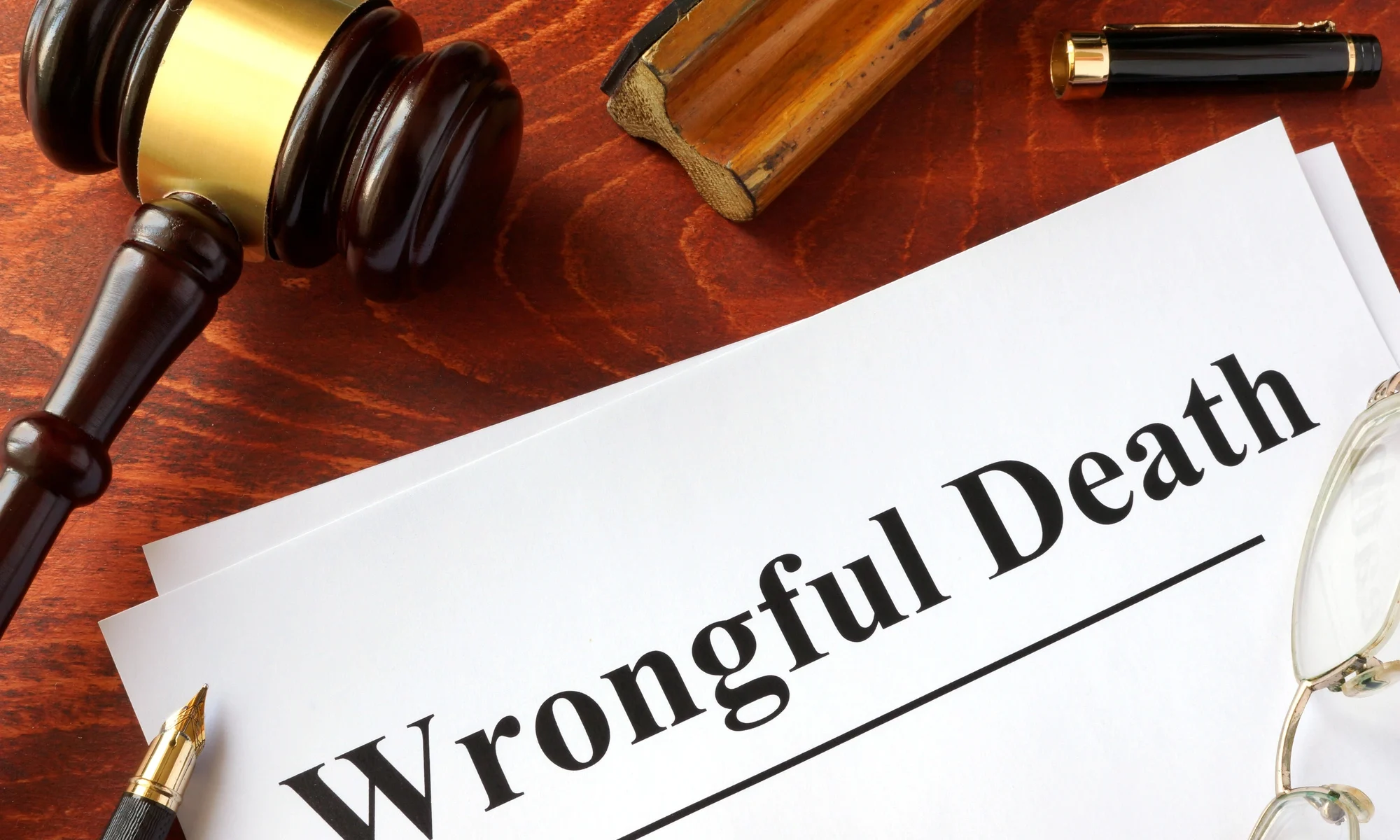Georgia Auto Law What You Need to Know
Welcome to the land of peaches, southern hospitality, and some of the most scenic drives you’ll ever encounter. But amidst Georgia’s picturesque landscapes lies a web of regulations that every driver must navigate – the intricate realm of Georgia Auto Law. Whether you’re a native Georgian or just passing through, understanding Georgia Auto Law What You Need to Know is essential to safeguard yourself on the roadways of the Peach State.
Picture this: You’re cruising down Georgia’s winding highways, the warm sun kissing your skin, and the radio playing your favorite tunes. But suddenly, the tranquility is shattered by the screech of tires and the sickening crunch of metal. You’ve been in a car accident. In the moments that follow, questions swirl in your mind. Who’s at fault? What are my rights? How does Georgia auto law come into play?
Steps to Take After an Accident
Ah, the unexpected happens – you find yourself in the aftermath of a car accident. It’s a jolting experience, but knowing the right steps to take can make all the difference. Here’s your post-accident checklist:
Check for Injuries
First things first, check yourself and others involved for any injuries. Safety is paramount, so if anyone is hurt, call 911 immediately for medical assistance.
Move to Safety
If possible, move your vehicle to a safe location away from traffic to prevent further accidents or injuries. Turn on your hazard lights to alert other drivers.
Exchange Information
Time to play detective (minus the magnifying glass). Exchange contact information, insurance details, driver’s license numbers, and vehicle information with all parties involved. Be sure to jot down the names and contact info of any witnesses, too – they could be invaluable later.
Document the Scene
Channel your inner paparazzi and start snapping photos of the accident scene from multiple angles. Capture the damage to vehicles, road conditions, traffic signs, and any other relevant details. These photos can serve as crucial evidence later on.
Don’t Admit Fault
Keep calm and resist the urge to assign blame or admit fault, even if you think you may have contributed to the accident. Leave that determination to the experts – the police and insurance adjusters.
Contact the Authorities
Depending on the severity of the accident and your location, you may need to contact the police to report the incident. In Georgia, you’re required to report accidents that result in injury, death, or property damage exceeding $500 to the Department of Driver Services within 30 days. Check out “Should I Get a Lawyer After an Auto Accident?” to help guide you on what course of action to take.
Notify Your Insurance Company
Time to make that dreaded call to your insurance company. Report the accident as soon as possible and provide them with all the relevant details. They’ll guide you through the claims process and advise you on the next steps.
Seek Medical Attention
Even if you don’t feel injured right away, it’s essential to seek medical attention as soon as possible. Some injuries, like whiplash or internal trauma, may not manifest symptoms immediately but could worsen over time.
Keep Records
Keep a detailed record of everything related to the accident – medical bills, repair estimates, correspondence with insurance companies, and any other relevant documents. These records will come in handy when filing a claim or seeking compensation.
Consult with an Attorney
If you’re feeling overwhelmed or unsure of your rights, consider consulting with a qualified attorney who specializes in car accidents. They can provide valuable legal advice, negotiate with insurance companies on your behalf, and help you navigate the complexities of Georgia auto law.
Georgia’s Fault System for Car Accidents
First things first, it’s essential to understand that Georgia operates under an “at-fault” system when it comes to car accidents. But what exactly does that mean? Well, simply put, the driver who’s deemed responsible for causing the accident is also responsible for covering the damages. This principle forms the foundation of Georgia’s fault system.
Now, you might be wondering how fault is determined in Georgia. It’s not always as straightforward as it seems. Georgia law considers various factors when determining fault, including:
- Traffic laws: Did any drivers violate traffic laws leading up to the accident? Running a red light or speeding could significantly impact fault determination.
- Negligence: Did a driver act negligently or recklessly, leading to the accident? This could include actions like distracted driving or drunk driving.
- Witness statements: Eyewitness accounts can provide valuable insight into how the accident occurred and who may be at fault.
- Police report: If law enforcement officers respond to the accident scene, their report may include their assessment of fault based on their investigation.
- Evidence: Physical evidence, such as skid marks, vehicle damage, and accident reconstruction, can also play a role in determining fault.
Comparative Negligence
Georgia follows a comparative negligence system, which adds another layer of complexity to fault determination. Under this system, even if you’re partially at fault for the accident, you may still be able to recover damages – but the amount you receive could be reduced based on your percentage of fault. For example, if you’re found to be 20% at fault for the accident, your total compensation would be reduced by 20%.
Impact on Insurance Claims
Understanding Georgia’s fault system is crucial when it comes to filing insurance claims. If you’re deemed not at fault for the accident, you’ll typically file a claim with the at-fault driver’s insurance company to seek compensation for your damages. However, if you’re found to be partially at fault, the claims process can become more complicated, and you may need to negotiate with the insurance company to reach a fair settlement.
Legal Ramifications
In some cases, disputes over fault can escalate, leading to legal action. If you’re unable to reach a satisfactory resolution with the at-fault party or their insurance company, you may choose to pursue a personal injury lawsuit to seek compensation for your damages. Having a thorough understanding of Georgia’s fault system and the legal process can be invaluable if you find yourself in this situation.
Minimum Insurance Requirements
Speaking of insurance, let’s talk about the minimum requirements in Georgia. According to Georgia auto law, drivers are required to carry liability insurance that covers at least the following:
- -$25,000 for bodily injury per person
- $50,000 for bodily injury per accident
- $25,000 for property damage per accident
These minimum coverage limits ensure that drivers have some financial protection in the event of an accident. However, it’s worth noting that you may want to consider additional coverage beyond these minimums for added peace of mind.
What Is the Statute of Limitations for Car Accident Claims in Georgia?
In the Peach State, there’s a ticking clock that every auto accident victim must be aware of. Georgia’s statute of limitations dictates the timeframe within which you must file a lawsuit after a car accident. Fail to do so within this designated window, and you may find yourself barred from seeking compensation for your injuries and damages. So, what’s the magic number? In Georgia, the statute of limitations for car accident claims typically stands at two years from the date of the accident. That’s right – you have a mere 24 months to take legal action and assert your rights in the aftermath of a collision. Now, two years may seem like a generous amount of time. After all, it’s ample opportunity to recover from your injuries, assess the extent of the damages, and explore your legal options, right? Well, not quite. The reality is that time has a sneaky way of slipping through our fingers, especially when dealing with the aftermath of a traumatic event like a car accident. Medical treatments, insurance negotiations, and the daily grind of life can quickly eat away at those precious months, leaving you scrambling to meet the deadline. That’s why it’s crucial to act swiftly in the wake of a car accident. Whether you’re pursuing a settlement with the insurance company or preparing to file a lawsuit, time is of the essence. Don’t let the statute of limitations catch you off guard – take proactive steps to protect your rights and seek the compensation you deserve.
What Is the Comparative Negligence Rule in Georgia?
Imagine this scenario: you’re cruising down the streets of Georgia, obeying all traffic laws and minding your own business, when suddenly, out of nowhere, another driver cuts you off, causing a collision. It’s clear to you that the other driver is at fault – or is it? In the eyes of the law, things aren’t always so black and white. Georgia follows a comparative negligence system when it comes to apportioning faults in car accidents. But what does that mean, exactly? Well, put simply, comparative negligence allows for the assignment of fault to multiple parties involved in an accident based on their respective degrees of negligence. In other words, even if you’re partially at fault for the accident, you may still be able to recover damages – but the amount you receive could be reduced based on your percentage of fault.
Let’s break it down with an example:
Suppose you’re involved in a rear-end collision in Georgia. Upon investigation, it’s determined that the other driver was tailgating you, contributing to the accident. However, it’s also revealed that you were distracted by your phone at the time of the collision, thereby sharing some degree of fault.
In this scenario, let’s say the court determines that you were 20% at fault for the accident while the other driver was 80% at fault. Under Georgia’s comparative negligence rule, your total compensation would be reduced by your percentage of fault. So, if your total damages amounted to $10,000, you would ultimately receive $8,000 ($10,000 – 20% = $8,000).
Now, you might be wondering – how is fault determined in practice? Well, that’s where things can get a bit murky. Georgia courts consider various factors when assessing fault, including:
- The actions of each party leading up to the accident
- Whether any traffic laws were violated
- The degree of negligence exhibited by each party
- Any evidence presented, such as witness testimony or accident reconstruction reports
Ultimately, fault determination is a nuanced process that can vary from case to case. That’s why it’s essential to seek legal guidance if you find yourself embroiled in a dispute over fault after a car accident in Georgia.
What Are Your Rights as an Injured Victim?
As an injured victim of a car accident in Georgia, you have rights – valuable rights that are designed to protect you and ensure that you receive the compensation you deserve for your injuries and losses. Let’s explore what those rights entail and how you can assert them effectively:
Right to Compensation
Perhaps the most fundamental right you have as an injured victim is the right to seek compensation for your injuries and damages. This compensation may cover medical expenses, lost wages, pain and suffering, property damage, and other related costs incurred as a result of the accident.
Right to Legal Representation
You have the right to seek legal representation from a qualified attorney who can advocate for your interests and guide you through the legal process. A skilled attorney can help you understand your rights, navigate complex legal proceedings, negotiate with insurance companies, and fight for the maximum compensation you deserve.
Right to Medical Treatment
You have the right to receive necessary medical treatment for your injuries, regardless of your ability to pay. Your health and well-being should always be the top priority, so don’t hesitate to seek medical attention promptly and follow your doctor’s recommendations for treatment and rehabilitation.
Right to Due Process
You have the right to due process under the law, which means you’re entitled to a fair and impartial legal proceeding to resolve your claim. This includes the right to present evidence, cross-examine witnesses, and have your case heard by a judge or jury if necessary.
Right to Privacy
You have the right to privacy regarding your medical records, personal information, and communications with your attorney. Your confidentiality should be respected throughout the legal process, and any disclosures should be made with your consent.
Right to Appeal
If you’re dissatisfied with the outcome of your case, you have the right to appeal the decision to a higher court. This allows for a review of the lower court’s decision and the opportunity to seek justice if errors were made.
Right to Fair Compensation
Finally, you have the right to fair and just compensation for your injuries and losses. Insurance companies and at-fault parties have a legal obligation to compensate you fairly for the harm you’ve suffered, and you shouldn’t settle for anything less than what you’re rightfully owed.
How Shani Brooks Law Can Help
If you’ve been injured in an auto accident in Georgia, navigating the legal aftermath can feel like navigating a maze – complex, confusing, and fraught with obstacles. That’s where we come in. With an experienced car accident attorney in Georgia on your side, you can level the playing field, protect your rights, and pursue the compensation you deserve.
Here at Shani Brooks Law, we understand the challenges you’re facing in the wake of a car accident. From mounting medical bills to lost wages and ongoing pain and suffering, the aftermath of a collision can take a significant toll on your physical, emotional, and financial well-being. That’s why we’re committed to providing compassionate, personalized legal representation to help you navigate this difficult time.
Our team of seasoned car accident attorneys has the knowledge, skills, and resources to handle even the most complex cases. Whether you were injured in a rear-end collision, T-bone accident, or multi-vehicle pile-up, we’ll work tirelessly to investigate the circumstances of your accident, gather evidence, and build a strong case on your behalf.
But our commitment to you doesn’t stop there. We understand that every case is unique, and we take the time to listen to your story, understand your needs, and tailor our legal strategy to achieve the best possible outcome for you. Whether that means negotiating a fair settlement with the insurance company or taking your case to trial, we’ll fight tooth and nail to ensure that your rights are protected and that you receive the compensation you deserve.
Conclusion
In conclusion, Georgia auto law is a vast and intricate framework designed to protect drivers and ensure accountability on the roads. By familiarizing yourself with the key aspects of these laws, you can better navigate the challenges of driving in the Peach State and protect yourself in the event of an accident.
Remember, safety should always be your top priority behind the wheel. But in those unfortunate moments when accidents do occur, knowing your rights and responsibilities under Georgia auto law can make all the difference.
Ready to navigate the complexities of Georgia Auto Law with ease? Trust Shani Brooks Law to be your guide through the legal maze, ensuring your rights are protected, and you receive the compensation you deserve after a car accident. Don’t let uncertainty hold you back – contact us today to schedule a consultation and take the first step towards peace of mind on Georgia’s roads.
FAQs: Georgia Auto Law What You Need to Know
What should I do immediately after a car accident in Georgia?
After ensuring everyone’s safety, exchange contact and insurance information with the other driver(s), document the scene with photos, and report the accident to the Georgia Department of Driver Services if it meets certain criteria.
How long do I have to file a lawsuit after a car accident in Georgia?
In Georgia, you typically have two years from the date of the accident to file a lawsuit, known as the statute of limitations, so it’s crucial to act promptly to protect your legal rights.
What are the minimum insurance requirements for drivers in Georgia?
Georgia requires drivers to carry liability insurance with minimum coverage limits of $25,000 for bodily injury per person, $50,000 for bodily injury per accident, and $25,000 for property damage per accident.
How is fault determined in car accidents in Georgia?
A fault is determined based on various factors, including traffic laws, negligence, witness statements, police reports, and evidence such as skid marks and vehicle damage.
What if I’m partially at fault for the accident?
Georgia follows a comparative negligence system, meaning even if you’re partially at fault, you may still be able to recover damages, but your compensation may be reduced based on your percentage of fault.


